![]()
KYNETON
the city "kyneton" is located in the center of victoria, 90 kilometres north-west of melbourne, and has about 7000 residents.
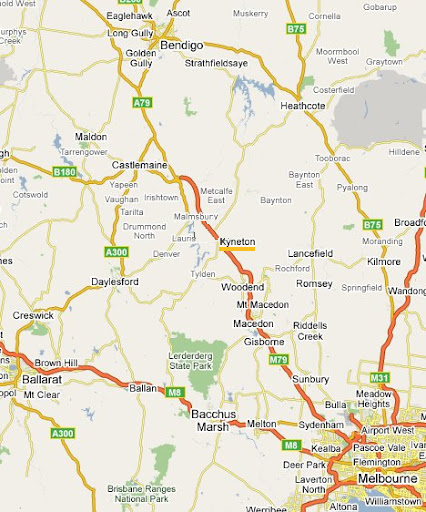
the area was explored since 1836, mainly searching for proper sheep regions. then in 1850 the village kyneton was founded as a rural center. this was a few year before the gold rush in victoria, which lasted about 130 years. in 1854 a post office was established., an almost symbolic action.
in 1862 the railway connection followed, as part of the melbourne-bendigo line. kyneton's railway station is still in full function - good for a train traveller like me!


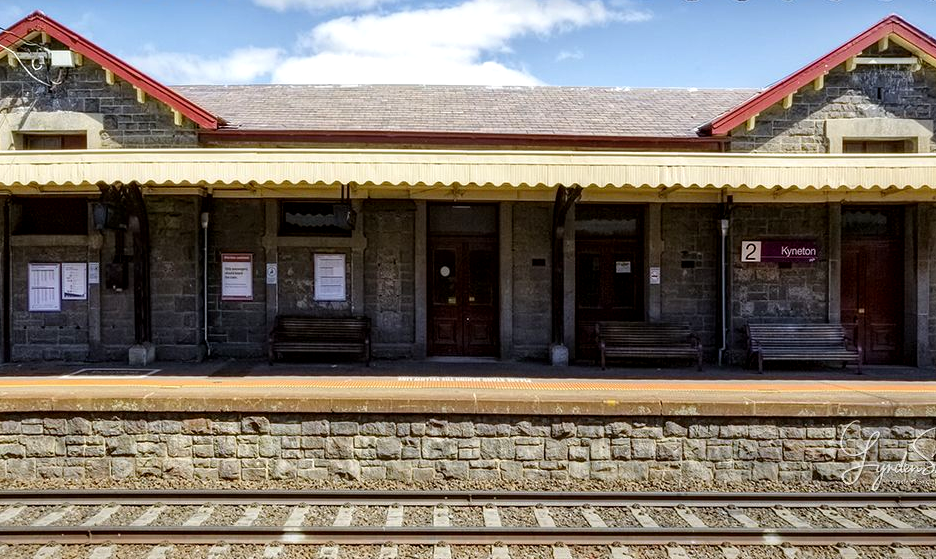

kyneton's three main streets are high st, mollison st and piper st, the oldest one. see the city plan below. kyneton is located at the calder freeway.


along these streets are mainly oldish two-storey buildings with all sorts of shops. eye-catching are colleges and the high school.

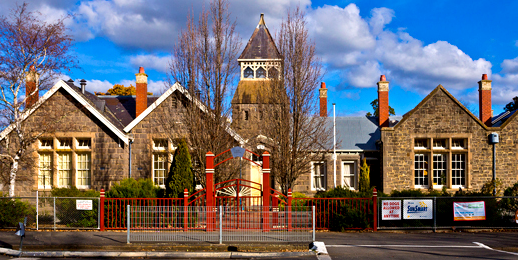
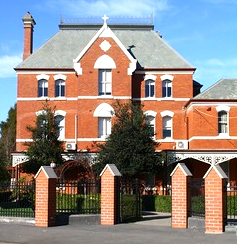
the most prominent building of kyneton is the large post office, with a high tower and clocks; it is still in function.
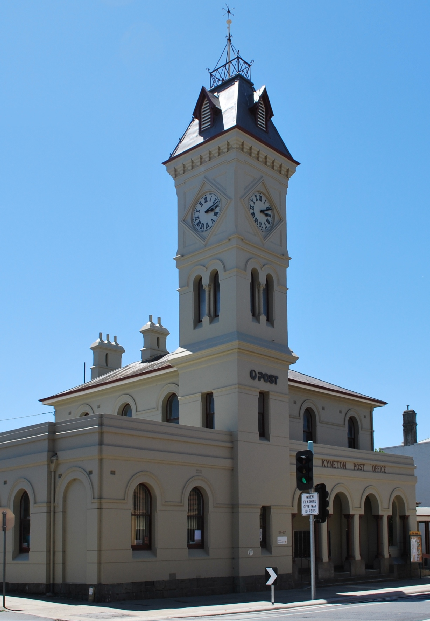
a large hospital was built quite early - but this one is not in service anymore.
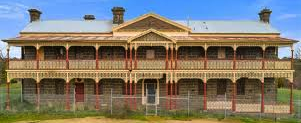
a strong tradition of kyneton are cafes, bistros and restaurants - of all sorts and all sizes.
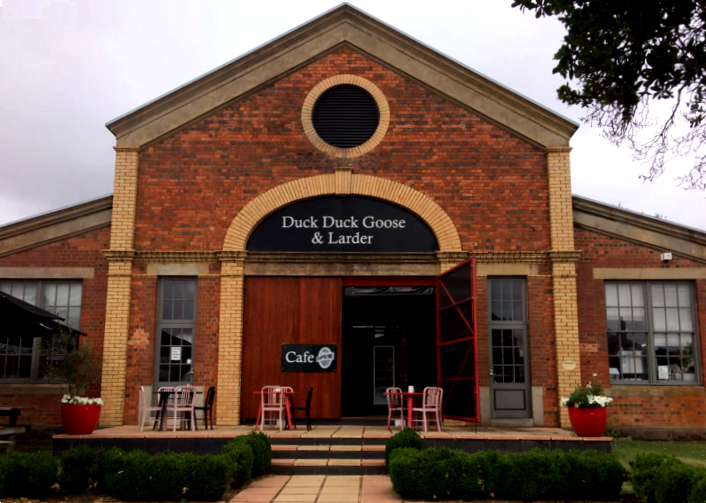
given that kyneton was not, differently to ballarat and bendigo, getting big as gold-rush place, yet did well as trade center. many kinds of residences have survived. here are some photos of historic homes:
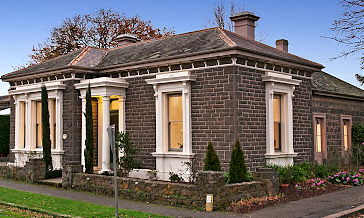
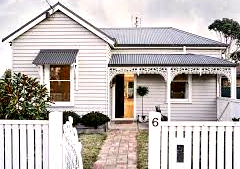

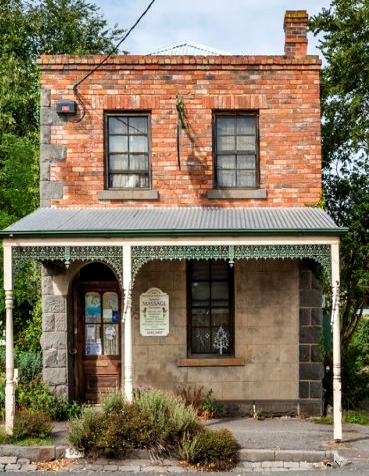
this little town even has book stores! three of them. the "aesop's attic" is full of new and even more used books, well organized in thematic shelves.
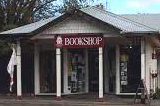
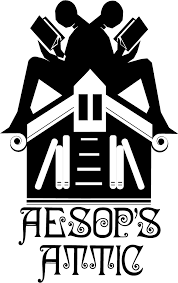
hotels were always a serious matter in kyneton, built in any size from grand to modest. as usual in australia, they are more for drinking and eating than for accommodation (which they had to claim in earlier times to get a licence!)
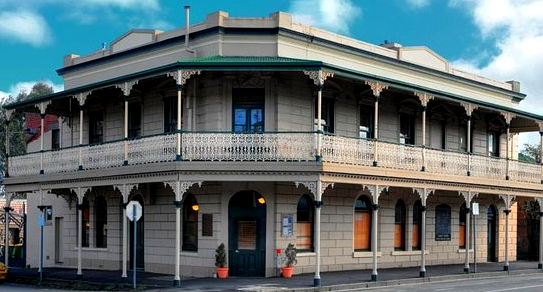
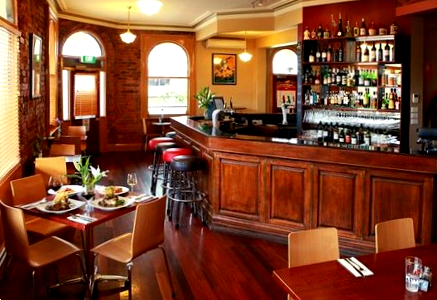

finally i come to my real reason to visit kyneton - - in 1862 (!) a well-known flour mill was established by the wilus brothers, in piper street.
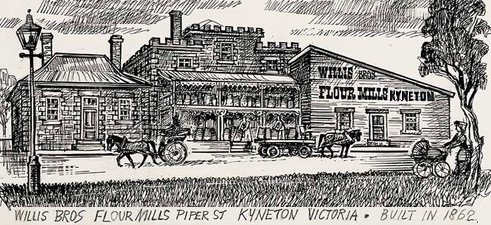
this mill is long closed down, yet some of its machinery can be inspected in the kyneton museum, which is nearby in piper st.
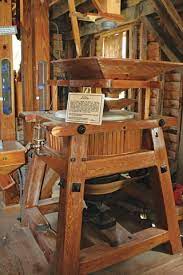

the original building still exists, but the remains of the flour mill cannot be visited. it houses several facilities, especially the indian "dhaba" restaurant, which is set up in original rooms of the mill.

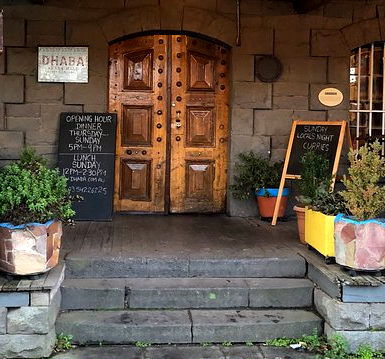
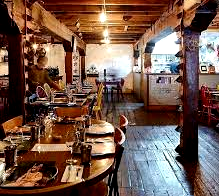
kyneton's museum (a former bank building) is well equipped with items from it's rich history
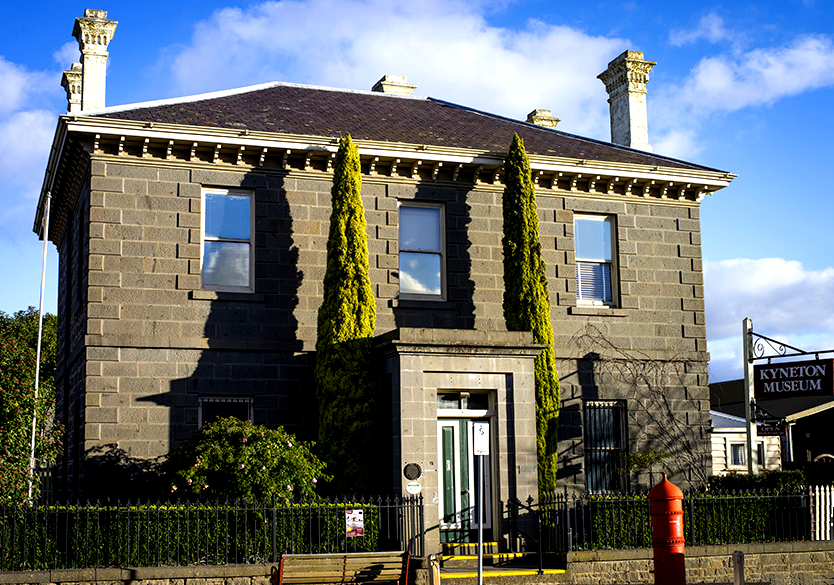
the city's botanic garden is large and carefully maintained, including rest places. it borders on kyneton's little river.
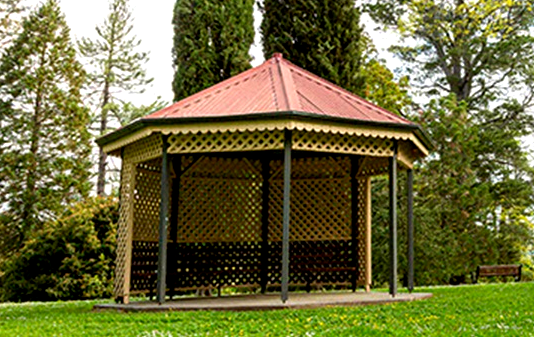
there are two amusing features showing that "little kyneton" always wanted to be more than "little kyneton" - it has a race course for horse races.
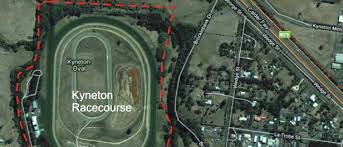
and it has its one newspaper, the "midland express", which appears once a week. it's background is the "kyneton guardian", founded in 1856.
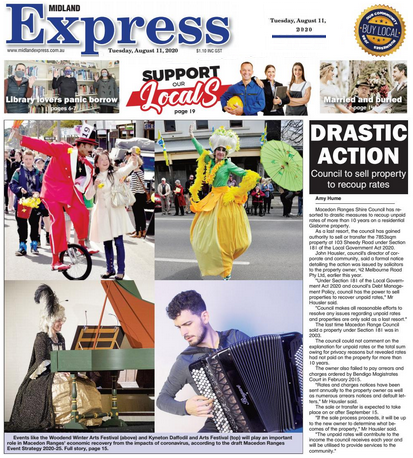
to sum up - - visiting kyneton is interesting because it gives an idea how victorian towns were in early times, before the gold rush, and its serious efforts to become significant are all still there.....
